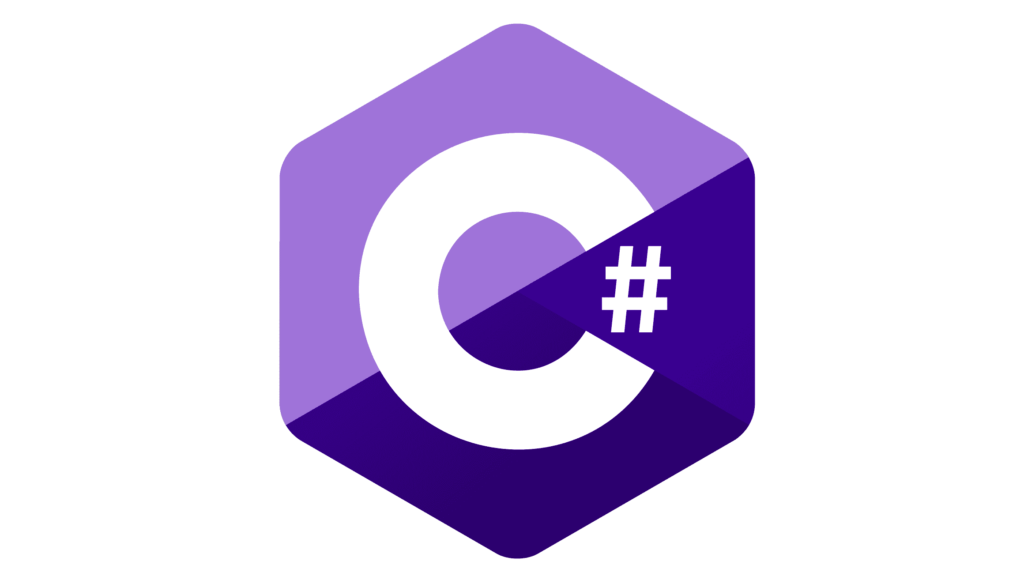
C# is a powerful and versatile programming language widely used for developing web, desktop, and mobile applications. Whether you’re a beginner or an experienced developer, mastering C# can significantly enhance your productivity and coding skills. In this guide, we’ll explore C# expert tips and tricks that will empower you to write cleaner, more efficient code and tackle development challenges with ease. By implementing these strategies, you’ll unlock the full potential of C# and take your development expertise to the next level.
1. Simplify Null Checks with Null Coalescing
Use ?? and ??= operators to handle null values effortlessly.
string message = null;
message ??= "Default message";
Console.WriteLine(message); // Outputs: Default message2. Refactor with nameof
Replace hard-coded strings with the nameof operator for better refactoring and type safety.
Console.WriteLine(nameof(MyProperty)); // Outputs: MyProperty3. Streamline Conditions with Switch Expressions
Write concise and readable conditional logic.
string GetDayType(DayOfWeek day) => day switch
{
DayOfWeek.Saturday or DayOfWeek.Sunday => "Weekend",
_ => "Weekday"
};4. Leverage Record Types for Immutable Data
C# records, introduced in version 9, are perfect for defining immutable objects.
public record Person(string Name, int Age);5. Boost Performance with Asynchronous Streams
Process large datasets efficiently using asynchronous streams.
async IAsyncEnumerable<int> GetNumbersAsync()
{
for (int i = 0; i < 5; i++)
{
yield return i;
await Task.Delay(100);
}
}6. Utilize Span<T> for Memory Optimization
Reduce memory allocations in performance-critical scenarios.
Span<int> numbers = stackalloc int[5] { 1, 2, 3, 4, 5 };
Console.WriteLine(numbers[2]); // Outputs: 37. Simplify Imports with Global Usings
Reduce clutter by defining global usings (C# 10+).
// GlobalUsings.cs
global using System;
global using System.Collections.Generic;8. Create Immutable Structs with Read-Only
Improve performance and avoid unintended changes.
public readonly struct Point
{
public int X { get; }
public int Y { get; }
public Point(int x, int y) => (X, Y) = (x, y);
}9. Use File-Scoped Namespaces
Clean up your code with file-scoped namespaces (C# 10+).
namespace MyApp;
class Program
{
static void Main() => Console.WriteLine("Hello, world!");
}10. Quickly Group Data with Tuples
Return multiple values without creating a class.
(string name, int age) GetPerson() => ("Alice", 25);
var person = GetPerson();
Console.WriteLine($"{person.name} is {person.age} years old.");11. Write Concise Code with Expression-Bodied Members
Simplify short methods and properties.
public int Square(int number) => number * number;12. Improve Readability with String Interpolation
Create cleaner strings using interpolation.
string name = "Alice";
int age = 25;
Console.WriteLine($"My name is {name} and I'm {age} years old.");13. Harness Pattern Matching
Simplify type checks and conditions.
object data = 42;
if (data is int number)
{
Console.WriteLine($"It's an integer: {number}");
}14. Manage Resources with using Declarations
Automatically dispose of resources when done.
using var file = new StreamWriter("log.txt");
file.WriteLine("Hello, world!");15. Create Reusable Logic with Extension Methods
Add functionality to existing types without modifying them.
public static class StringExtensions
{
public static string ToUppercaseFirst(this string str) =>
char.ToUpper(str[0]) + str.Substring(1);
}
// Usage
Console.WriteLine("hello".ToUppercaseFirst()); // Outputs: Hello16. Build Custom Iterators with yield
Generate sequences dynamically.
IEnumerable<int> GetNumbers(int start, int count)
{
for (int i = 0; i < count; i++)
yield return start + i;
}17. Inline out Variables
Simplify code when working with out parameters.
if (int.TryParse("123", out int number))
Console.WriteLine($"Parsed: {number}");18. Master LINQ for Data Queries
Use LINQ for cleaner and more efficient data manipulation.
var evenNumbers = numbers.Where(n => n % 2 == 0).ToList();
Console.WriteLine(string.Join(", ", evenNumbers));19. Adopt Async/Await for Better Performance
Improve responsiveness with asynchronous programming.
async Task FetchDataAsync()
{
var result = await httpClient.GetStringAsync("https://example.com");
Console.WriteLine(result);
}20. Enable Nullable Reference Types
Catch potential null errors at compile time (C# 8+).
string? name = GetName();
Console.WriteLine(name?.ToUpper()); // Safe access21. Enhance Code Quality with Roslyn Analyzers
Use tools like StyleCop or SonarLint to maintain high code standards.
22. Generate Code with Source Generators
Eliminate boilerplate by generating code dynamically at compile time.
23. Utilize Default Interface Methods
Reduce the need for helper classes with default implementations.
public interface ILogger
{
void Log(string message) => Console.WriteLine($"Log: {message}");
}24. Adopt Immutable Collections
Ensure thread safety with immutable collections.
var immutableList = ImmutableList.Create(1, 2, 3);
var newList = immutableList.Add(4);25. Debug Smarter with Conditional Breakpoints
Set breakpoints that trigger only under specific conditions.
Further Reading
To continue your learning journey, check out these related resources:
- .NET Roadmap in 2025: The Beginner’s Path to Success.
- Machine Learning Roadmap with Free Course Materials in 2025
- DevOps Roadmap with Free Course Materials in 2025
- Cybersecurity Roadmap with Free Course Materials in 2025
Conclusion:
Mastering C# expert tips and tricks is essential for staying ahead in the fast-paced world of software development. By adopting these techniques, you can optimize your coding practices, improve performance, and create robust applications with confidence. Whether you’re solving complex problems or streamlining routine tasks, these insights will help you elevate your skills and maximize your impact as a developer. Ready to take your C# journey further? Start applying these tips today and see the difference they make!




Pingback: Handling Large JSON in .NET: Strategies to Enhance Performance - Techy Triq